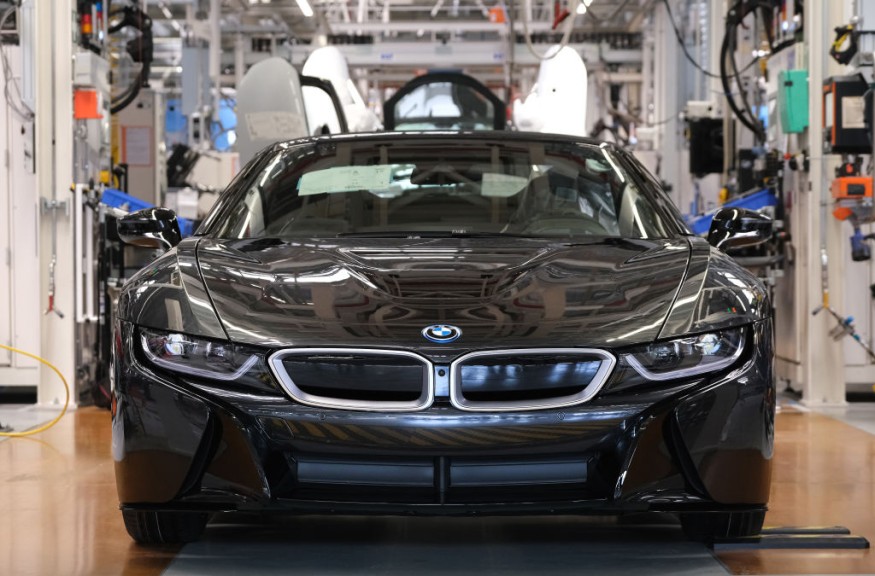BMW Group has set a goal of cutting CO2 emissions by more than 200 million tons by 2030. The corporation revealed this target at its Annual General Meeting earlier this month. According to the company's press release, which is more than 20 times the average CO2 pollution of a region with more than a million people, such as Munich.

To achieve this aim, BMW is focused on reducing the carbon footprint of its cars during their lifecycle, which begins with raw material mining and continues through manufacturing, use (owner use), and end-of-life recycling. The aim is to use as few resources as possible.
"A climate-friendly car is not built simply by using green power," said Oliver Zipse, Chairman of the Board of Management of BMW AG, at the Annual General Meeting in Munich. We must build our cars for sustainability from the start, reducing the amount of material used in their production and, most importantly, preparing for reuse and recycling from the start. This is not only an environmental but also a market necessity in the face of rising raw material prices."
Economic Strategy
He also mentioned how the company's circular economy would be beneficial. "Because the infrastructure for this is highly demanding, we want to lead the way and be a leader in the circular economy. We are now working on concrete and ambitious quotas for the use of secondary content in our 'Neue Klasse' to reach our high standards."
At IAA Mobility 2021, the organization is working on making the circular economy a core concept. At the IAA Mobility 2021 in September, BMW expects to showcase the company's environmental and climate security opportunities. RE: THINK, RE: DUCE, RE: USE, RE: CYCLE is BMW's solution, which it claims gives a systematic perspective of how primary raw material use can be minimized in future vehicles.
Related Article : Producing Electric Cars Will Be Cheaper Than Gas Models by 2027
Neue Klasse

BMW's Neue Klasse versions are part of the company's efforts to become more environmentally friendly. In its cars, the organization wants to "take recycling to a completely new era." It would boost the use of secondary materials like reclaimed concrete, plastics, and aluminum.
Reducing Battery Footprints
According to BMW, the batteries used in electric cars are highly energy-intensive, making them a critical element in any EV's carbon footprint. The company's next generation of battery technologies will debut in the Neue Klasse to lower the batteries' carbon footprint to less than half of the current Gen5 technology's baseline value.
The company said that secondary material will also be used in the development of battery cells and the battery as a whole. The BMW iX contains up to 30% recycled aluminum and up to 50% recycled nickel, which is a vital raw material for producing battery cells, according to the company. It also reduced the amount of cobalt in the cathode content to less than 10% in the new generation of battery cells, limiting the use of essential raw materials.
Electric Vehicle Sales

The corporation claims that between now and 2025, it will boost fully electric vehicle deliveries by an average of more than 50% a year, touching more than ten times the number of vehicles delivered in 2020. According to the firm, EVs will account for at least half of its global revenues in 2030, based on current business forecasts. The exact figures will vary based on the markets and how much charging infrastructure is expanded at the state level.
According to the press release, the company's entire product line will no longer have any category role where it does not sell at least one fully electric variant. Only fully electric vehicles will be available in some segments. If demand grows as anticipated, the industry claims it will handle a much higher number of fully electric cars.
For more news about making the environment sustainable, don't forget to follow Nature World News!
© 2025 NatureWorldNews.com All rights reserved. Do not reproduce without permission.





